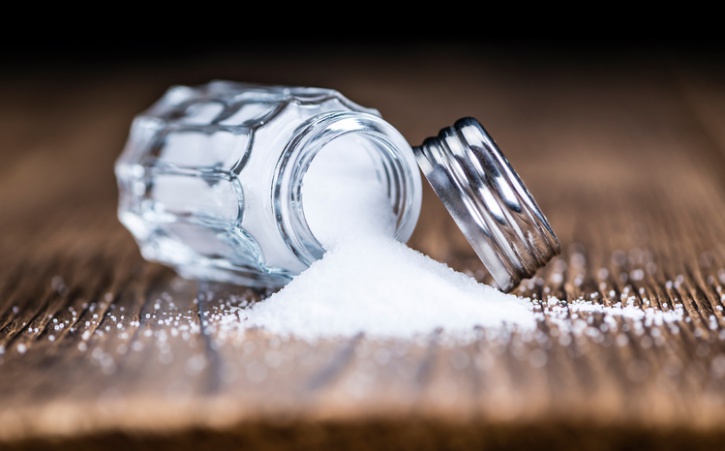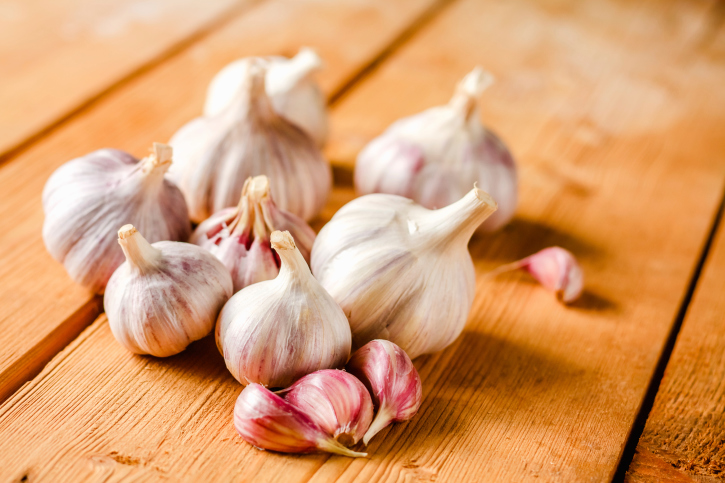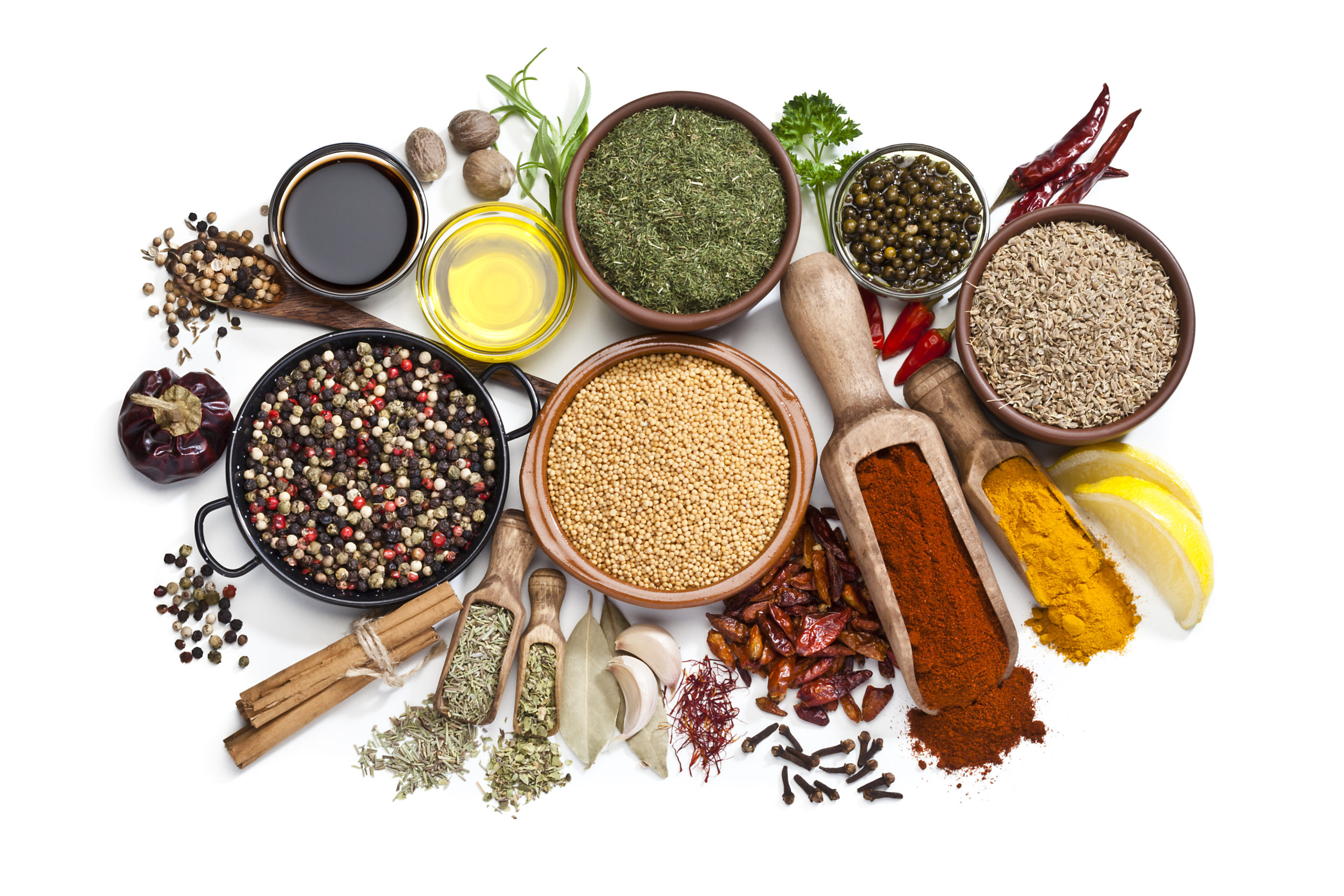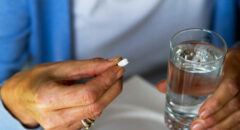
Persistently high blood pressure can damage the heart. If you have high blood pressure and do nothing about it, you’ll also increase your risk of having a heart attack or stroke. While there are medications that can lower your blood pressure, you can opt for more natural ways to keep things under control before going that route.
10 Ways To Lower Your Blood Pressure

1. Get Some Exercise
Weight management can be a key part of managing your blood pressure. Though not everyone will have this issue, many people who have concerns about hypertension are also overweight. That’s why your doctor will recommend exercising for at least 30 minutes per day. Jogging, cycling, and swimming are the most effective forms of exercise but you can ask your doctor what will work best for you.

2. Cut Down On Salt
A high salt diet increases your blood pressure significantly. It’s generally recommended that an adult eat no more than a teaspoon of salt per day but the number can be even less for those who are at risk for hypertension. To accomplish this, you should avoid processed foods as they have added salt, cook your meals more often, and replace salt in your meals with flavorful herbs.

3. Try The DASH Diet
If you’re up for a complete lifestyle change then that’s what the Dietary Approaches to Stop Hypertension (DASH) diet is for. This diet is designed to only include foods that are meant to manage your blood pressure. Some of the foods that you’ll be able to eat include fruits, vegetables, fish, poultry, whole grains, nuts, and low-fat dairy. Processed and high-fat foods wouldn’t be allowed.

RELATED: Five Lifestyle Changes to Help You Lower Blood Pressure
4. Reduce Your Alcohol Intake
Studies show that drinking alcohol can lead to an increase in blood pressure 12 hours after consumption. This is even more likely if you drink more than the recommended amount. For reference, women should only have one drink per day while men are allowed two. According to the American Heart Association, one drink is considered to be a 12-oz beer, four ounces of wine, or one ounce of 100-proof spirits.

5. Sleep Well
A good night’s sleep gives your body a chance to recover and heal. Among other things, your blood pressure usually lowers while you sleep. If you’re not sleeping well, however, you might be plagued with consistently high blood pressure. To get some rest, experts recommend keeping your room cool, dim, and clutter-free. Developing a bedtime routine will also help.

6. Eat A Little Garlic
Garlic has documented antimicrobial and anti-inflammatory properties. Studies show that eating a clove of garlic per day can lower your blood pressure. This isn’t suitable for everyone, though, so talk to your doctor about eating raw garlic or taking a supplement.

7. Ask Your Doctor About Herbs
Garlic isn’t the only herb that can affect your blood pressure. There are varying claims regarding ginger root, roselle, Chinese hawthorn, celery juice, river lily, and other herbs. Since enough studies haven’t been done on them, however, it’s best to consult your doctor.

8. Stay Hydrated
Your body can’t function well without water and your heart is no exception. In fact, research shows that drinking water two hours after waking up and two hours before going to bed can help reduce your blood pressure.

9. Manage Your Caffeine Consumption
A cup or two of coffee might not affect your blood pressure. If you drink it often, though, it can raise your levels. High-caffeine energy drinks, on the other hand, can cause a significant increase in blood pressure so it’s best to avoid them.
RELATED: Is Coffee the Secret to Lower Blood Pressure?

10. Stay Away From Cigarettes
Cigarettes have been shown to cause inflammation, narrow your arteries, and damage blood vessel walls. The end result is consistently high blood pressure. It’s in your best interest to stay away from smoking.
Why This Matters To Black People
Statistics show that approximately 55 percent of Black Americans have been diagnosed with high blood pressure. Doctors also surmise that many Black people have the condition but have not seen a doctor about it. Of those who were diagnosed, studies show that Black people are less likely to have their blood pressure under control than other ethnicities.
On a related note, Black Americans are 30 percent more likely to die from heart disease than non-Black people. Finally, Black people are more likely to be diagnosed with conditions that usually lead to high blood pressure like obesity and diabetes.
Millions of people have high blood pressure but it’s clear that it disproportionately affects Black Americans. The best thing you can do to prevent that is to live as healthily as possible. If this doesn’t help, make sure to consult with your doctor.








